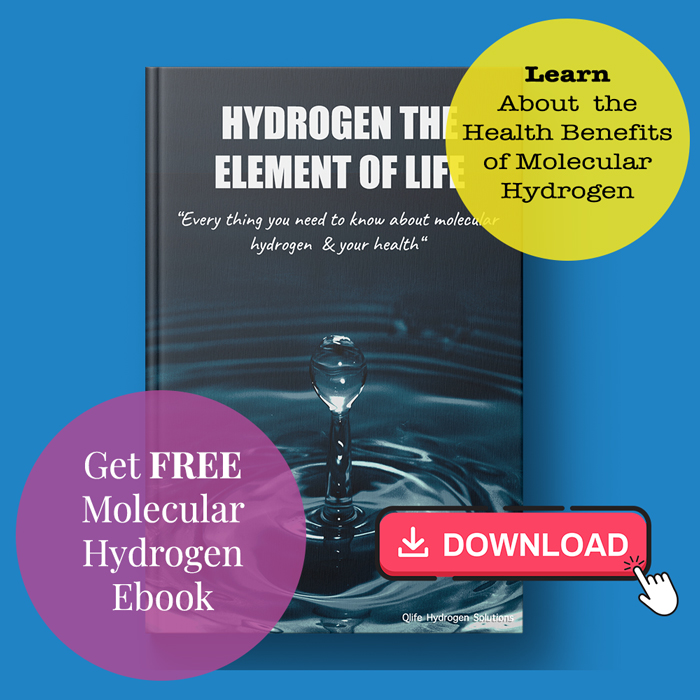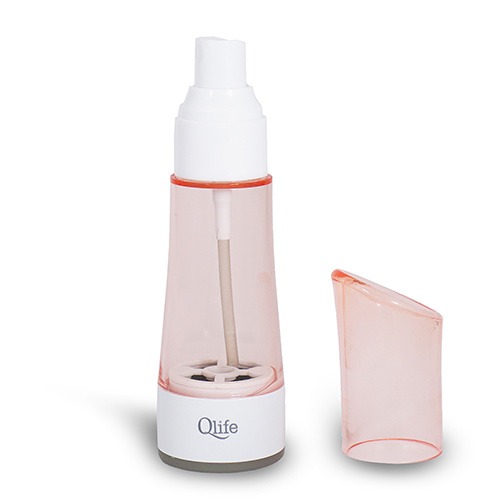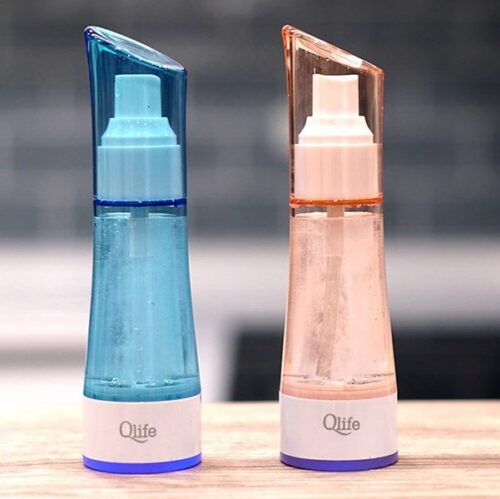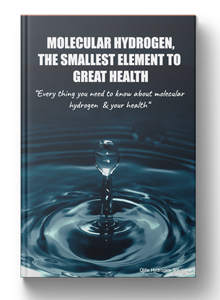
What is hypochlorous acid, is it safe, and what are its uses?
Hypochlorous Acid (HOCL) Sanitizing Water
Hypochlorous acid a.k.a HOCL sanitizing water might sound scary at first but the fact is, it is actually produced by our own white blood cells to kill pathogens in our bodies. Therefore, it is a safe acid that our body uses on a daily basis to keep us healthy. However, there are so many benefits to Hypochlorous acid used outside of our bodies which you need to know. Keep reading to find out more.
What is Hypochlorous Acid (HOCL) and is it Safe?
As mentioned before, your white blood cells produce hypochlorous acid, to kill and protect your body from pathogens that could cause damage. The basic chemical composition of hypochlorous acid is 1 Hydrogen, 1 Oxygen, and 1 Chlorine molecule, and hence produce the chemical formula HOCL.

HOCL is Safe for Humans
As an acid, it is classified as a non-hazardous chemical, meaning that there are no hazards to it to humans. That being said, although it sounds like a safe chemical for humans, it has a very useful potential in killing harmful bacteria, molds, spores, removing odors, viruses, wound healing, and pathogens.
In fact, we find HOCl being incorporated into things such as eye drops as an effective sanitizer.
Therefore, unlike other chlorinated acids, which can produce dangerous and toxic results if used improperly, HOCl can be safely used in a variety of situations which we will explore in greater depth below.
Other uses of HOCL sanitizing water?

HOCl for Killing Germs, Viruses, Sanitizing, & COVID-19
Its primary use is as a disinfectant. Research shows that it is 99.9% effective in killing viruses, germs, bacteria, molds & most pathogens which could harm humans. For example, it can be used to sanitize surfaces, and it is, therefore, useful as a hand sanitizer, allowing wounds to be safely cleaned.
HOCL has no detrimental effects on your skin and there are various commercial products that produce HOCL to clean and sanitize.
For example, this research has become so significant that it has been a key instrument as a disinfectant alternative since the COVID-19 pandemic broke out. A variety of techniques were employed to use hypochlorous acid, as seen in its use to clean public transport due to its extremely effective ability to kill pathogens such as viruses that can be easily dispersed in these areas.

HOCL Can Remove Odors
Not only is hypochlorous acid sanitizing water beneficial for using and killing pathogens and sanitizing. We also found that HOCl is great for removing odors which are also mainly caused by bacteria, molds, fungus, and spores. When hypochlorous acid (HOCl) is sprayed on a surface that needs to be cleaned or disinfected, the acid will break down the proteins of the cell membranes of the microscopic organism causing the odors. After a few treatments of HOCL spray the fungus or mold should be eliminated removing any unpleasant smell.

Heal Wounds with HOCL sanitizing spray
In addition in a study published on the topic of hypochlorous acid tested for wound, healing scientists found that HOCl I took an average time of 12 seconds to eliminate bacteria & viruses. Not only that but it also helped promote wound healing and cell proliferation.
In a published scientific article describing a study in which hypochlorous acid was tested to look at a variety of its components, the outcome determined that this solution in most cases had a 12-second kill time for numerous bacteria and viruses, helped promote wound healing and cell proliferation, and did not harm current healthy cells. Also of note, this solution disrupted biofilm and increased cell migration
Summing it Up
Now that you know the uses of hypochlorous acid, you probably want to know why this is something that you should use regularly. The biggest benefit of hypochlorous acid is the antimicrobial effects that it offers. This can have many uses in the medical world. For instance, sterility is something that is crucial for any surgical or even device-based procedure that a patient receives which involves cutting or puncturing the skin. Typically, antiseptic preparations consist of chlorhexidine or iodopovidone but there are limitations and problems with each of these options. Iodopovidone tends to have a noxious smell to some while also potentially dyeing the clothing and hair. Chlorhexidine has the potential to be toxic to your tissues, especially your cornea.
After the procedure, using antibiotic preparations isn’t typical because of the risk of their being developing bacterial resistance. There are also concerns with the potential side effects of using these items including causing contact dermatitis and inflammation.
Medical Uses
This is where hypochlorous acid can benefit this industry. Using the topical formulations of hypochlorous acid, medical professionals can use it for both pre-procedural preparations on the skin and wound management in the post-procedural time. The antimicrobial properties of this compound are naturally produced by the body and have the potential for breaking down the cell walls of many viruses, spores, and bacteria.
There are also immunological healing factors that can be associated with the use of hypochlorous acid. This isn’t a particularly harsh antibacterial compound, making it pretty effective at degrading biofilm to reduce bacteria loads and support a healthy microbiome that is essential for the body. Hypochlorous acid has anti-pruritic and anti-inflammatory effects that can directly benefit wounds that are healing. This can improve the comfort of patients, support the formation of granulation tissue that is healthy, improve wound healing, and make it less likely for patients to itch the wounds and cause issues like infection.
Lastly, Hocl sanitizing water can help with the blood supply and oxygenation. This compound can be used throughout the healing process that occurs post-op due to its ability to support a microbiome that is balanced and healthy in the body. It can also optimize skin health, increase oxygenation, and reduce inflammation in the body. Hypochlorous acid is a newer approach to wound management and preventing infection after procedures, especially since it works extremely well for wound management.
Hypochlorous acid may have found sudden popularity due to COVID-19, but there are plenty of benefits to support the popularity of this new approach. This is a versatile compound that can actually be used for so many different purposes. It is primarily used as a disinfectant in a post-COVID-19 world, but there are plenty of other uses for HOCl wound management, odor removal, & stain removal.
This approach is becoming the preferred option because it can be used in non-toxic products that aren’t as dangerous. This compound is very different from other options, which tend to cause irritation and inflammation or have other side effects that make users concerned about using those other products.
Why not try using HOCl and learn how you can make your own portable HOCI water with the Ion Clean + Portable HOCl sanitizing water generator today.
References & Studies
1.) Block, Michael S, and Brian G Rowan. “Hypochlorous Acid: A Review.” Journal of oral and maxillofacial surgery: official journal of the American Association of Oral and Maxillofacial Surgeons vol. 78,9 (2020): 1461-1466. doi:10.1016/j.joms.2020.06.029
2.) Kim, Chanwoo et al. “Evaluating the effectiveness of HOCl application on odor reduction and earthworm population growth during vermicomposting of food waste employing Eisenia fetida.” PloS one vol. 14,12 e0226229. 19 Dec. 2019, doi:10.1371/journal.pone.0226229
3.) Sakarya, Serhan et al. “Hypochlorous Acid: an ideal wound care agent with powerful microbicidal, antibiofilm, and wound healing potency.” Wounds : a compendium of clinical research and practice vol. 26,12 (2014): 342-50.






